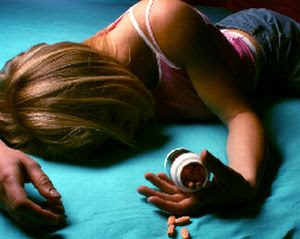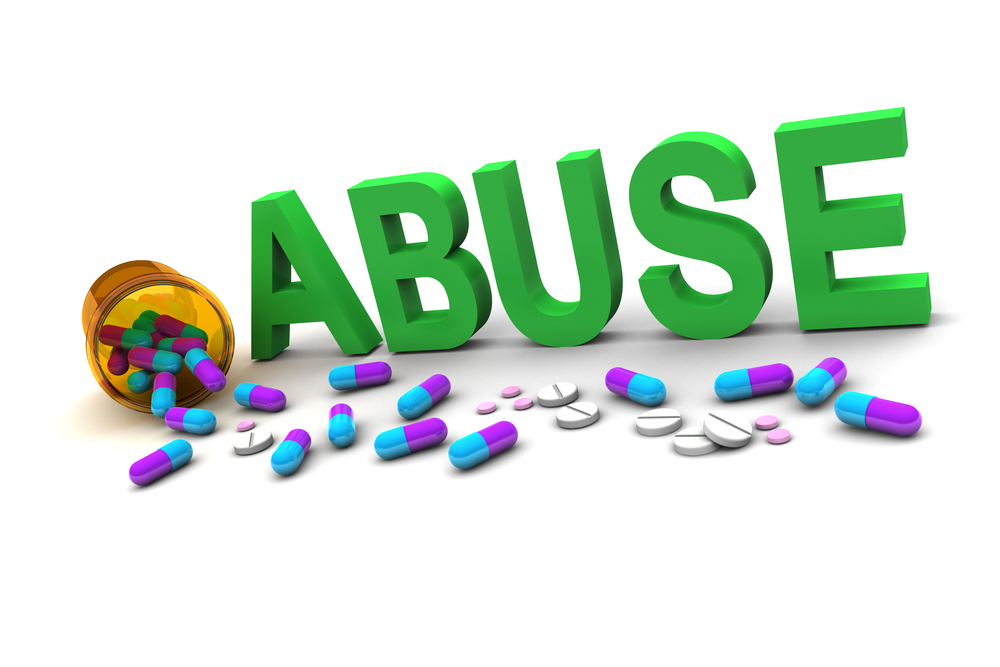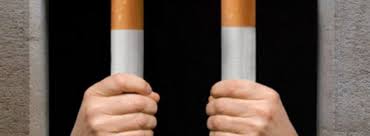Youngsters substance abuse

Youngsters substance abuse is the biggest headache parents and guardians have today
Youngsters substance abuse: Finding solutions for childhood addiction
If there is anything that is heartbreaking for parents, it must be childhood addiction. Youngsters substance abuse is frustrating and stressing to the parents. When this happens, peace of mind run away and the worries of their conduct being adopted by their young siblings aches the heart measurably. What can you do when your teen just won’t stop abusing drugs? This is what we want to focus on in this discussion and with the help of doctor Dalal Akoury M.D who is a veteran addiction expert and also the founder of AWAREmed Health and Wellness Resource Center, through her professionalism, we are going to deliver to you the very best health addiction information that will be of great help to you and your loved ones in handling the teens substances abuse professionally. This is something you don’t want to miss ones, therefore, we encourage you to stay on the link as we impact on you positively.
Ideally, there are so many misconceptions about alcohol and drug addiction, these misconceptions have resulted in many people believing that the addicts have willfully chosen the path of addiction. Although behavior and personal choice represent an important factor in the development of addiction, the experts at AWAREmed Health and Wellness Resource Center are of the opinion that there are other components as well. Like for instance, it may be that for some individuals, it is a biological or genetic predisposition that makes them more likely to develop an addiction if they experiment with substance abuse; while many others are led down the path of addiction due to environmental circumstances. Nonetheless, doctor Akoury reiterates that no matter how or why it occurs in the first place, alcohol and drug addiction is a chronic problem, progressive disease that initiates a dramatic transformation, turning good people into individuals who are only concerned about their next fix. This is not good for anyone and therefore it is very important that lasting solutions is found and adopted immediately.
Youngsters substance abuse: Substance abuse vulnerability for all age groups
Now to the focus of our discussion, it is important to appreciate that substance abuse is not dangerous for adolescents and teens but also very disastrous to the whole communities where our teens reside. Impressionable by nature, our youths are commonly curious about substance abuse and have traditionally experimented with alcohol and marijuana at young ages. This is a terrible mistake that anyone can do no matter the circumstance or situation. However, with a heroin epidemic having taken the globe at ransom with the United States taking the lead, from the available statistics, there’s clear evidence of increased heroin use among high school and college-aged individuals. Doctor Akoury is professionally sounding an alarm that substance abuse at such a young age is dangerous since these individuals are not yet fully developed; and remember that when youths abuse alcohol and drugs to the point of addiction, they run the risk of stunting their physical and psychological development. Moreover, addiction makes individuals more likely to resort to criminal behaviors and damage important relationships, which can have a major impact on the rest of their lives and that of their loved ones and the society in general. You can avoid this by scheduling an appointment with doctor Akoury for a lasting solution.
Youngsters substance abuse: Finding solutions for childhood addiction









